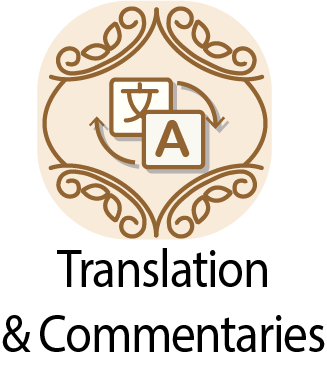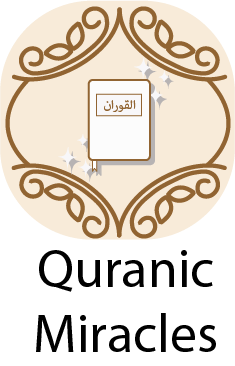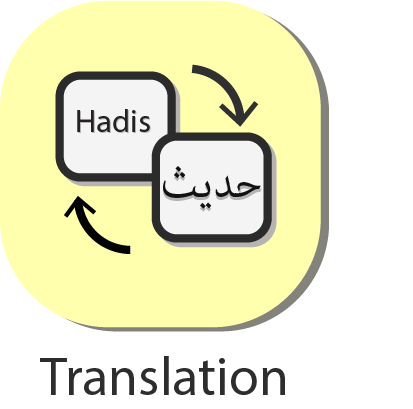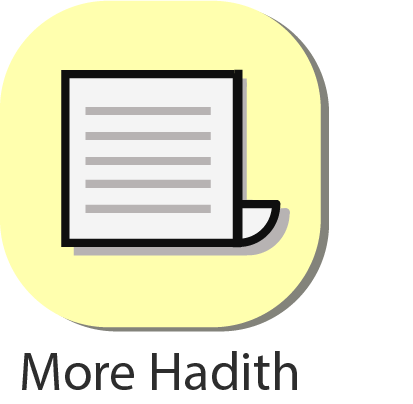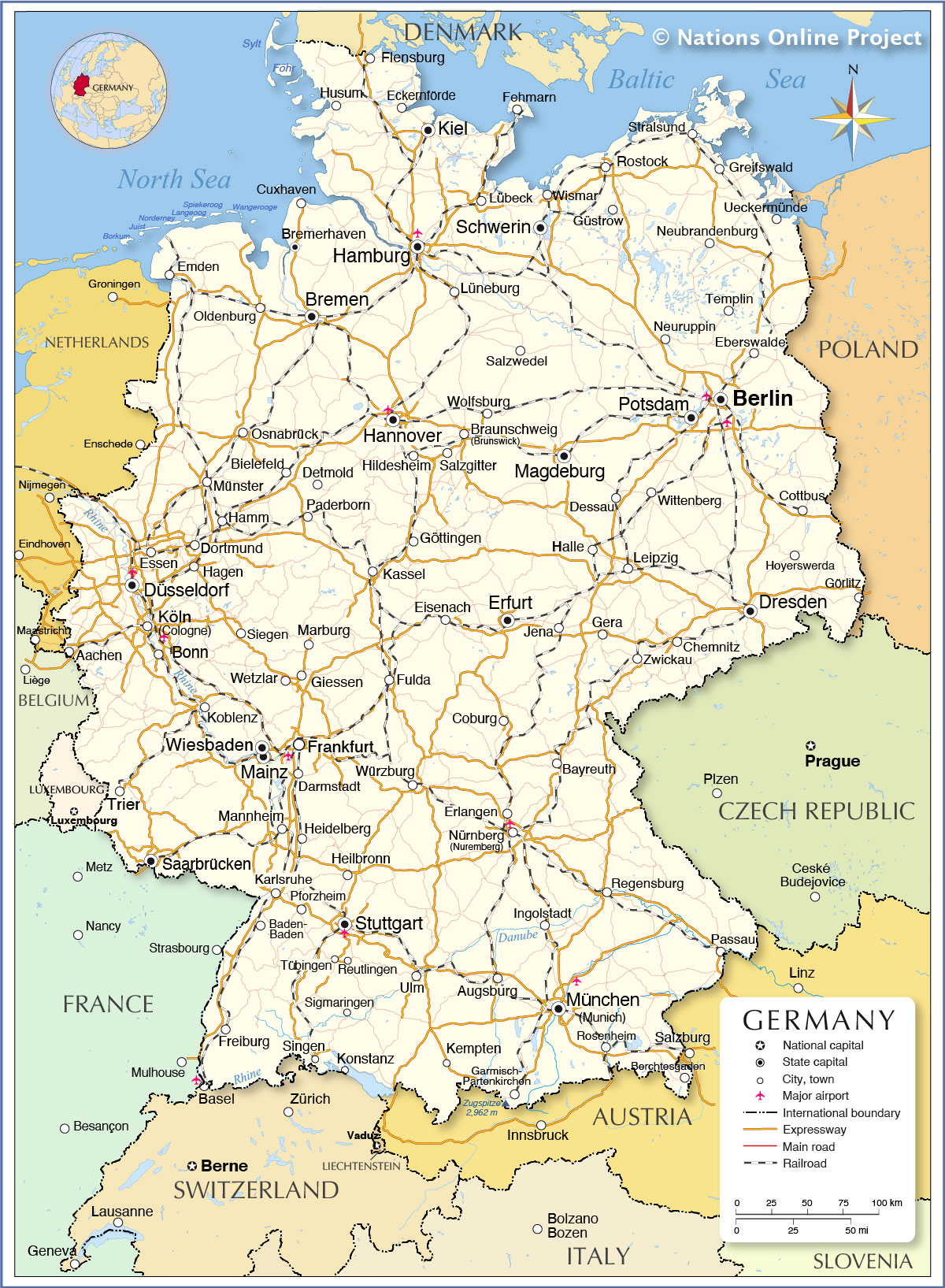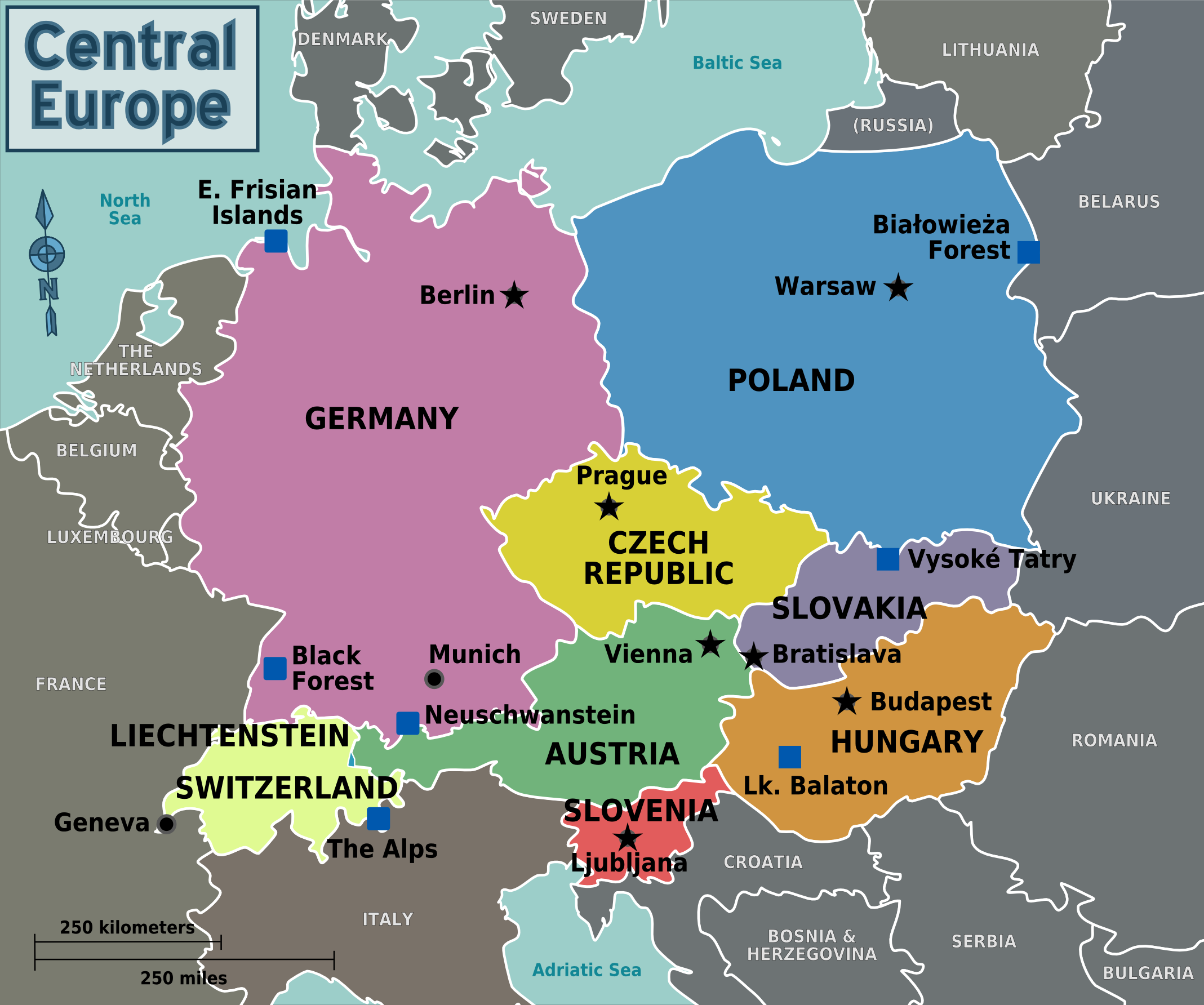1486 - Al-An'aam
DAILY MOTIVATION more
_______________________________________________
Edited on 5 April 2018
News 1 : 2 : 3
_______________________________________________
_______________________________________________
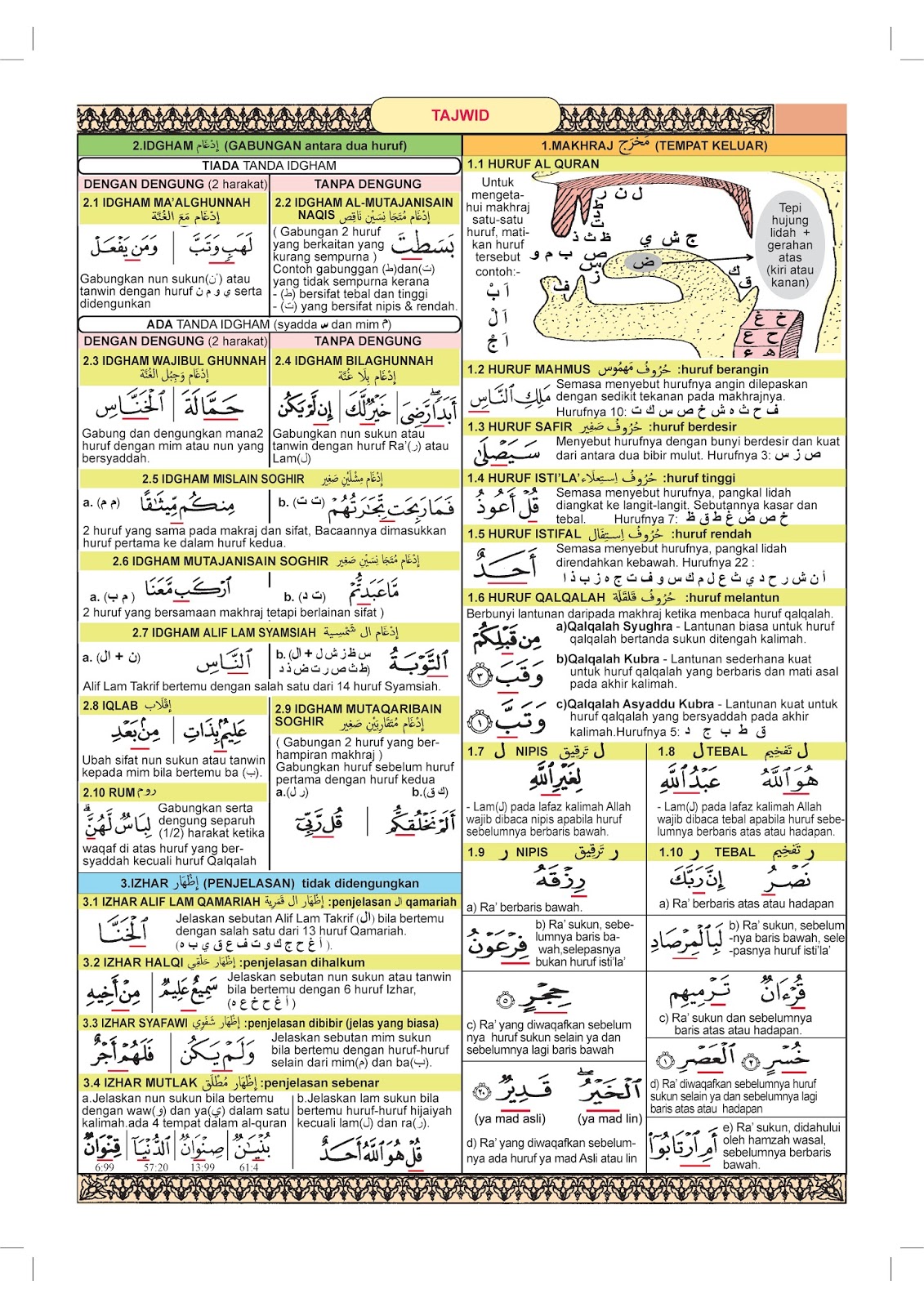

_______________________________________________
_______________________________________________
_______________________________________
Tafsir Muyassar تفسير المیسر
Saheeh International
Basmeih
Ma Jian
E......ARABIC : ENGLISH : MALAY : CHINESE
Tafsir Muyassar تفسير المیسر : Saheeh International : Basmeih : Ma Jian
_____________________________________________
Tafsir Muyassar تفسير المیسر
_______________________________________
_______________________________________
Saheeh International
_____________________________________________
_____________________________________________
Basmeih
______________________________________________
_____________________________________________
Ma Jian
______________________________________________
______________________________________________
E......ARABIC : ENGLISH : MALAY : CHINESE
Tafsir Muyassar تفسير المیسر : Saheeh International : Basmeih : Ma Jian
______________________________________________
______________________________________________
3. LEARN ARABIC : OTHER LANGUAGES






|
فعل
مجهول
مضارع |
فعل
مجهول
ماض |
فعل
معلوم
مضارع |
فعل
معلوم
ماض |
|
|
يُفْعَلُ |
فُعِلَ |
يَفْعَلُ |
فَعَلَ |
I |
|
يُفَعَّلُ |
فُعِّلَ |
يَفَعِّلُ |
فَعَّلَ |
II |
|
يُفَاعَلُ |
فُوْعِلَ |
يُفَاعِلُ |
فَاعَلَ |
III |
|
يُفْعَلُ |
أُفْعِلَ |
يُفْعِلُ |
أَفْعَلَ |
IV |
|
يُتَفَعَّلُ |
تُفُعِّلَ |
يَتَفَعَّلُ |
تَفَعَّلَ |
V |
|
يُتَفَاعَلُ |
تُفُوعِلَ |
يَتَفَاعَلُ |
تَفَاعَلَ |
VI |
|
يُنْفَعَلُ |
أُنْفُعِلَ |
يَنْفَعِلُ |
إِنْفَعَلَ |
VII |
|
يُفْتَعَلُ |
أُفْتُعِلَ |
يُفْتَعِلُ |
إِفْتَعَلَ |
VIII |
|
يُفَعَّلُ |
أُفْعِلَّ |
يَفْعَلُّ |
إِفْعَلَّ |
IX |
|
يُسْتَفْعَلُ |
أُسْتُفْعِلَ |
يَسْتَفْعِلُ |
إِسْتَفْعَلَ |
X |
|
مصدر |
فعل
النهي |
فعل
الأمر |
|
|
فَعْلٌ |
لاَتَفْعَلْ |
إِِفْعَلْ |
I |
|
تَفْعِيْلٌ |
لاَتُفَعِّلْ |
فَعِّلْ |
II |
|
مُفَاعَلَةٌ |
لاَتُفَاعِلْ |
فَاعِلْ |
III |
|
إِفْعَالٌ |
لاَتُفْعِلْ |
أَفْعِلْ |
IV |
|
تَفَعُّلٌ |
لاَتَتَفَعَّلْ |
تَفَعَّلْ |
V |
|
تَفَاعُلٌ |
لاَتَتَفَاعَلْ |
تَفَاعَلْ |
VI |
|
إِنْفِعَالٌ |
لاَتَنْفَعِلْ |
إِنْفَعِلْ |
VII |
|
إِفْتِعَالٌ |
لاَتَفْتَعِلْ |
إِفْتَعِلْ |
VIII |
|
إِفْعِلاَلٌ |
|
|
IX |
|
إِسْتِفْعَالٌ |
لاَتَسْتَفْعِلْ |
إِسْتَفْعِلْ |
X |
|
إسم
الألة |
إسم
المكن
الزمان |
إسم
المفعول |
إسم
الفاعل |
|
|
مِفْعَلٌ |
مَفْعَلٌ |
مَفْعُولٌ |
فَاعِلٌ |
I |
|
|
مُفَعَّلٌ |
مُفَعَّلٌ |
مُفَعِّلٌ |
II |
|
|
مُفَاعَلٌ |
مُفَاعَلٌ |
مُفَاعِلٌ |
III |
|
|
مُفَعَلٌ |
مُفْعَلٌ |
مُفْعِلٌ |
IV |
|
|
مُتَفَعَّلٌ |
مُتَفَعَّلٌ |
مُتَفَعِّلٌ |
V |
|
|
مُتَفَاعَلٌ |
مُتَفَاعَلٌ |
مُتَفَاعِلٌ |
VI |
|
|
مُنْفَعَلٌ |
مُنْفَعَلٌ |
مُنْفَعِلٌ |
VII |
|
|
مُفْتَعَلٌ |
مُفْتَعَلٌ |
مُفْتَعِلٌ |
VIII |
|
|
مُفْعَلٌ |
مُفْعَلٌ |
مُفْعِلٌ |
IX |
|
|
مُسْتَفْعَلٌ |
مُسْتَفْعَلٌ |
مُسْتَفْعِلٌ |
X |
_______________________________________________
_______________________________________________
4. ANSWERING CRITIQUES ON ISLAM
_______________________________________________
_______________________________________________
_______________________________________________
_______________________________________________
_______________________________________________
_______________________________________________
_______________________________________________
_______________________________________________
_______________________________________________
_______________________________________________
١٤٨
148
Hadith : Conversation
Hadis : Perbualan
_______________________________________________
_______________________________________________
_______________________________________________
_______________________________________________
_______________________________________________
_______________________________________________
World Islamic History : 148 H
26/2/765 - 15/2/766 CE
_______________________________________________
_______________________________________________
_______________________________________________
_______________________________________________
_______________________________________________
_______________________________________________
Berlin : Germany
Central Europe
Germany : World renown Scientist
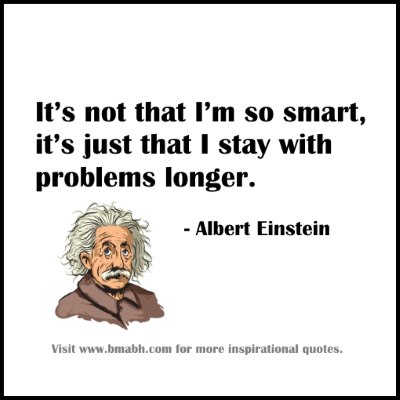
Albert Einstein: a short biography
Albert Einstein is probably the world’s most famous scientist but how much about him do you really know? Here is a short biography of the father of quantum theory.

Dr. Albert Einstein writes out an equation for the density of the Milky Way on the blackboard at the Carnegie Institute Photo: AP
By Andy Bloxham 9:43PM BST 22 Sep 2011
Albert Einstein's name has become synonymous with genius but his contributions to science might have been cut short had he stayed in Germany, where he was born on March 14, 1879.
It was 1933 and a charismatic politician called Adolf Hitler had just become Chancellor.
Einstein, a Jew, learned that his name was on a Nazi list of people earmarked for assassination and a bounty had been put on his head.
One German magazine even included him on a list of enemies of the state under the phrase: “Not yet hanged.”
He had already been used to being something of a migrant as, by the age of 17, his parents had already taken him to live in Italy and Switzerland, where he began training to be a physics and maths teacher in 1896.
Einstein qualified and became a Swiss citizen but couldn’t find a teaching job so began work as an assistant in the Swiss Patent Office in 1901, where he was passed over for promotion because he had not got to grips with “machine technology”.
However, much of his work was linked to the synchronising of time by mechanical and electrical means, which sowed the seeds that would later transform the understanding of the universe.
His first theoretical paper – on the capillary forces of a straw – was published in a respected journal that same year and by 1905 he was awarded his doctorate by the University of Zurich.
The scientist’s work began to pour out of him – by the end of that year, he published no less than four revolutionary papers on matter and energy; the photoelectric effect; Brownian motion; and the idea that perhaps defined him most of all – special relativity.
Despite the acclaim that he began to accrue, he continued working at the patent office until 1909.
Two years later his work on relativity made him world famous when he concluded that the trajectory of light arriving on Earth from a star would be bent by the gravity of the Sun.
His conclusions ripped up the ideas of Newtonian mechanics which had stood since the 17th century.
![]() They are modest, intelligent, considerate and have a feel for art. [Einstein on the Japanese]
They are modest, intelligent, considerate and have a feel for art. [Einstein on the Japanese]
He returned to Germany where he held several prestigious positions, including president of the German Physical Society.
By 1921, his groundbreaking theories had transformed the basics of modern physics and he was awarded the Nobel Prize.
However, it was not given for his most famous work, that of relativity, because it remained too controversial.
Instead, the judges used his explanation of the photoelectric effect to explain the award.
The famous scientist began to lecture worldwide and travelled to Singapore, Sri Lanka, Palestine and Japan, where he spoke before the emperor and declared: “Of all the people I have met, I like the Japanese most, as they are modest, intelligent, considerate and have a feel for art.”
Wherever he went by this stage he was greeted like a head of state or a rock star, with crowds thronging to hear him and cannons fired to salute his arrival.
The rise of Hitler and Nazism persuaded him to move to the US, where he later shed his avowal of pacifism and wrote to President Roosevelt urging him to press ahead with construction of a nuclear bomb to ensure the Germans did not get there first.
![]() There was always with him a wonderful purity at once childlike and profoundly stubborn. [Robert Oppenheimer on Einstein]
There was always with him a wonderful purity at once childlike and profoundly stubborn. [Robert Oppenheimer on Einstein]
He later said this letter was his life’s biggest regret because nuclear weapons had such a fierce capacity for destruction.
He began work at Princeton University and became a US citizen in 1940 (his third passport) where he was a strident critic of racism, calling it America’s “worst disease”.
Albert Einstein died of internal bleeding on April 17, 1955, aged 76, which was marked with headlines around the world.
But his story did not end there - his brain was removed by the pathologist to try to understand what made him so intelligent.
At his memorial, Robert Oppenheimer, the developer of the atomic bomb which Einstein had backed, said: “He was almost wholly without sophistication and wholly without worldliness.
“There was always with him a wonderful purity at once childlike and profoundly stubborn.”
_______________________________________________
_______________________________________________
_______________________________________________
_______________________________________________
_______________________________________________
_______________________________________________

